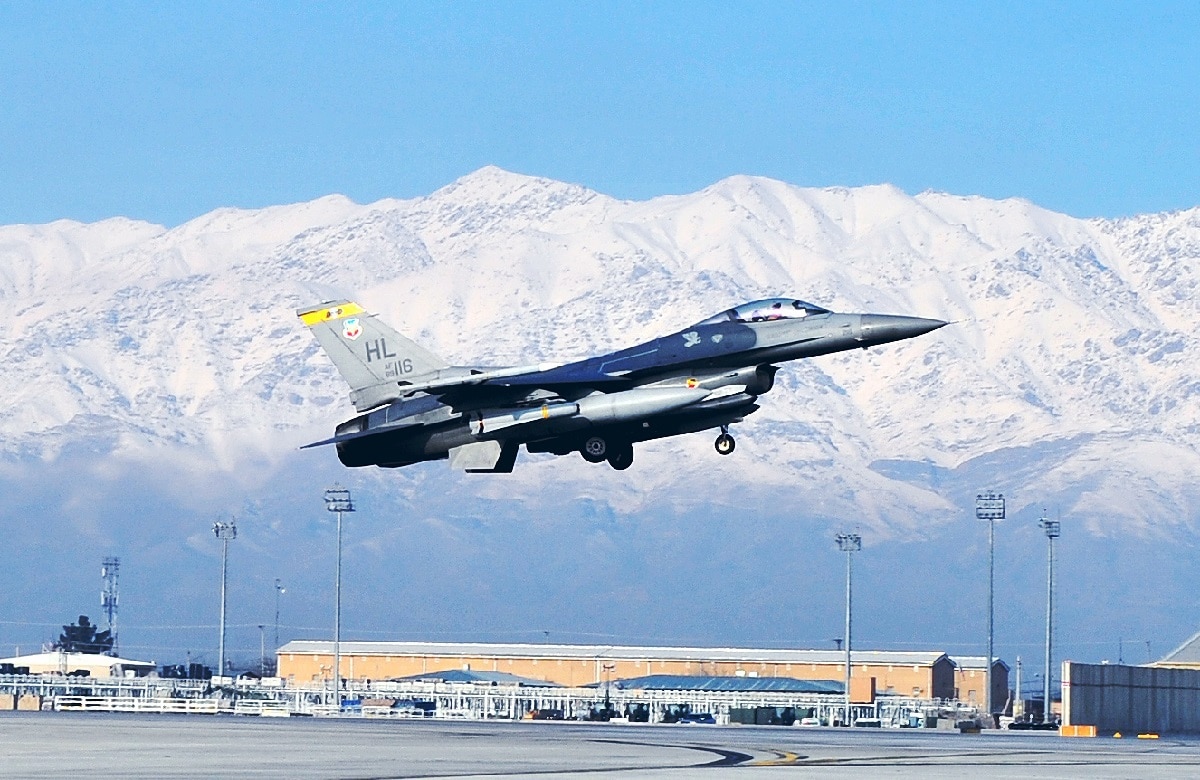The United States military maintains bases all around the world, but as of last month, bases in Afghanistan were scratched off the list. The U.S. “handed over” Bagram Air Base, the largest U.S. military base, to the Afghan security forces, but it is now in the hands of the Taliban. While it is unclear whether the insurgent force turned de facto government of the Central Asian country will actually use the base is unclear.
More likely it could be a future Chinese military base, warned Nikki Haley, former United States ambassador to the United Nations.
The base, which was once the hub of America’s presence in Afghanistan and at its height was home to tens of thousands of U.S. troops, would be a prize for America’s rivals, Haley told FoxNews.
“We need to watch China, because I think you are going to see China make a move for Bagram Air Force Base,” she explained, adding, “I think they are also making a move in Afghanistan and trying to use Pakistan to get stronger to go against India. So, we have got a lot of issues. The biggest thing he should do is strengthen our allies, strengthen those relationships, modernize our military, and make sure we are prepared for the cyber-crimes and the terrorist crimes that are headed our way.”
China’s Global Reach
Even as western nations have essentially evacuated embassies and left Afghanistan, Beijing looks ready to move in, and the Taliban has already made it clear that it would cooperate with the Chinese government.
“China is our most important partner and represents a fundamental and extraordinary opportunity for us, because it is ready to invest and rebuild our country,” Zabihullah Mujahid, Taliban spokesman told the Italian La Repubblica, in an interview.
The Taliban reportedly has looked to China for financing as it seeks to head off the looming humanitarian crisis, and Mujahid further praised the efforts to create a New Silk Road, which could open up trade routes through Afghanistan and serve as a land bridge into Central Asia and even to Europe. Additionally, Beijing’s investment could further allow the country to reopen its copper mines.
Beijing has already heavily invested in infrastructure development around key Indo-Pacific maritime strategic sites, and the efforts have been quite fruitful. A deal with the Taliban could allow China to establish a presence in Central Asia, and it appears that this time they wouldn’t even need to build a new base to do so.
Currently, China has just four overseas military bases, including its naval base in Djibouti at the Horn of Africa on the Red Sea, while there is also a Chinese naval SIGNINT facility on Myanmar’s Great Coco Islands in the Indian Ocean.
Beijing also maintains the Hubantota International Port in Sri Lanka, and has a lease on 15,000 acres of land around the port, which some experts believe could be expanded to a naval or air force base. The People’s Liberation Army (PLA) has also established a small military post in Tajikistan that was opened in 2016, but the scale of the base is largely unknown.
Peter Suciu is a Michigan-based writer who has contributed to more than four dozen magazines, newspapers and websites. He regularly writes about military small arms, and is the author of several books on military headgear including A Gallery of Military Headdress, which is available on Amazon.com.

